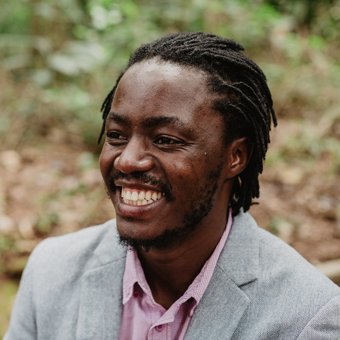
How might communities protect high-carbon ecosystems and create low-carbon housing for all?
Climate: Ecosystems + Housing
Closed
Submissions are closed
Timeline
-
Applications Open
February 1, 2022 8:00am EST -
Solution Deadline
February 1, 2022 8:00am EST -
Challenge Open
February 1, 2022 8:00am EST -
Deadline to Submit
March 31, 2022 2:00pm EDT -
Review Round 1
May 8, 2022 11:59pm EDT -
Round 2 Review
May 23, 2022 11:59pm EDT -
CLG Reviews
June 16, 2022 12:00pm EDT -
CLG Reviews - Round 2
July 20, 2022 1:56pm EDT -
Solve Challenge Finals
September 18, 2022 9:00am EDT
Solutions
Judges

Hari Balasubramanian
EcoAdvisors, Managing Director

Jessica James
General Motors Company, Senior Manager, Climate Equity & Disaster Relief

Heng Dean Law
Temasek, Director, Sustainability & Stewardship Group

Marcela Angel
MIT Environmental Solutions Initiative, Research Program Director, Natural Climate Solutions Program

Nadia Gil
GSR, ESG Director and Chair GSR Foundation

Shrenik Khasgiwala
Aditya Birla Group, President and Head of ABG Innovation Fund
Lewis Akenji
Hot or Cool Institute, Managing Director

Donnel Baird
BlocPower, CEO

Rose Mwebaza
United Nations Environment Programme, Director, African Region

Josephine Carstensen
Civil and Environmental Engineering, MIT, Assistant Professor

Jamie Micah Lawrence
Good Energies Foundation, Lead - Climate Smart Forest Economy Program

Joachim Wegmann
Andan Foundation, Member of Challenge Leadership Group

Carolina Larrazábal
BuildX Studio, Co-Founder & Design Director

Lisa Hanson
Global Urban Village, Co-Founder

Vikas Goswami
Boundless Environment Resource Solutions , Green Solutions Evangelist

Leo Prieto
Lemu, Founder + CEO

Esther An
City Developments Ltd, Chief Sustainability Officer

Jida Bittner
MJBBB, Impact Investor

Mark Goulthorpe
MIT and DECOi inc, Architect

Manuel Pulgar-Vidal
World Wildlife Fund International , Climate & Energy Global Practice Lead
Francesco Piazzesi
Echale, CEO

Lewis Akenji
Hot or Cool Institute, Managing Director
















